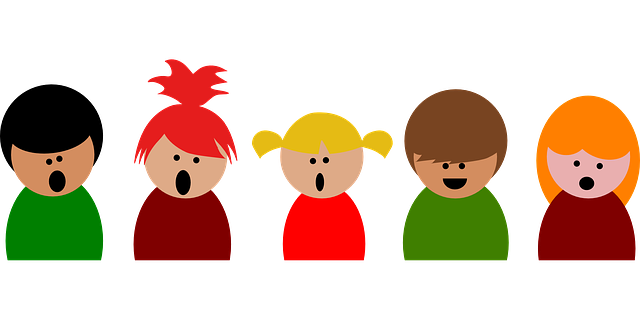
Non-Tech Toys and Language Development
The use of technology and screen time has increased over the years and even more so during the pandemic. While it may be convenient and an easy way to entertain, sometimes it can be nice to unplug. In the article, “Non-Tech Holiday Gifts Build Kids’ Language and Learning”, written by Diane Paul, she discusses a variety of ways to use non-tech toys to help encourage language development, problem solving, and social skills. Some ideas she provides are as follows: Vocabulary: Toys: Shape-sorters, ring-stackers, nesting cups, blocks, and balls. These toys can help teach vocabulary such as shapes, colors, and numbers. They also help develop concepts such as prepositions (i.e. in, on, under, above), action words, and adjectives (i.e. color, size, shapes). Speech Sound







